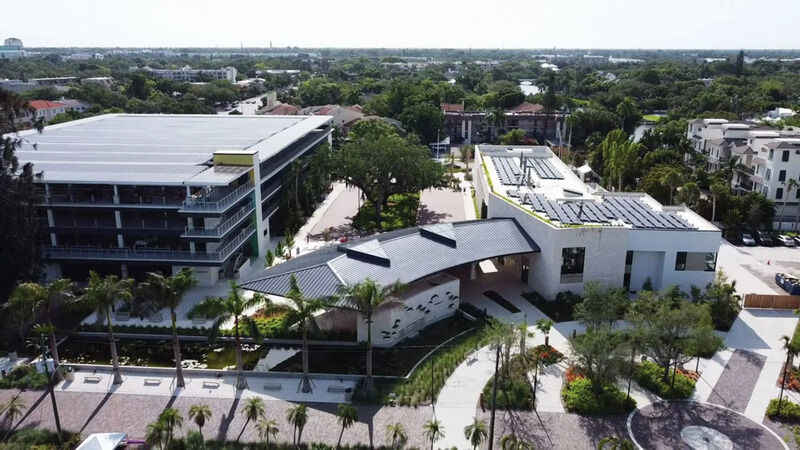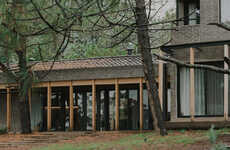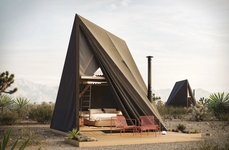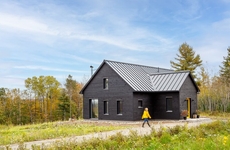
Olin & Overland Completes the Marie Selby Botanical Gardens
Amy Duong — July 10, 2024 — Art & Design
References: dezeen
American design studios Olin and Overland have completed the Marie Selby Botanical Garden expansion in Florida, which is a home powered by a rooftop filled with 2,158 solar panels. The project is part of a larger three-year masterplan which is headed by Olin with the goal to expand the Sarasota campus of Marie Selby Botanical Gardens, which is an institution working to develop research and education of air plants along with native plant species.
Phase 1 of the plan was completed last year and it is made up of three new structures along with a large stormwater management system and recreational trail. Marie Selby Botanical Gardens notes "The cutting-edge LEAF, which houses parking, a garden-to-plate restaurant, a new giftshop, vertical gardens, and a nearly 50,000 square-foot solar array will make Selby Gardens the first net-positive energy botanical garden complex in the world."
Image Credit: Marie Selby Botanical Gardens
Phase 1 of the plan was completed last year and it is made up of three new structures along with a large stormwater management system and recreational trail. Marie Selby Botanical Gardens notes "The cutting-edge LEAF, which houses parking, a garden-to-plate restaurant, a new giftshop, vertical gardens, and a nearly 50,000 square-foot solar array will make Selby Gardens the first net-positive energy botanical garden complex in the world."
Image Credit: Marie Selby Botanical Gardens
Trend Themes
1. Net-positive Energy Infrastructure - Botanical gardens are utilizing cutting-edge energy solutions to become self-sufficient and eco-friendly.
2. Solar-powered Public Spaces - The integration of large-scale solar arrays into public institutions highlights the potential for sustainable energy usage in community spaces.
3. Multifunctional Green Buildings - Structures that blend commercial amenities with green tech, like parking and vertical gardens, are redefining community-focused architecture.
Industry Implications
1. Renewable Energy - The expansion of solar power in botanical gardens demonstrates the growing application of renewable energy in traditionally non-industrial sectors.
2. Green Architecture - Architectural firms are pioneering sustainable designs that integrate energy efficiency and environmental conservation into public infrastructure.
3. Environmental Education - Enhanced botanical gardens serve as educational hubs that promote awareness and research on native plant species and sustainable practices.
3.7
Score
Popularity
Activity
Freshness
























